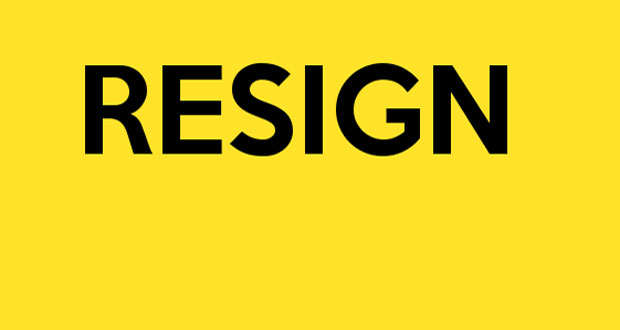Guyana's political history shows that there is a two-party dominance with all 3rd parties being of minor significance, with the exception being the formal coalition of the PNC and the UF back in 1964, and in practical terms the collaboration of the AFC with the APNU to make the governing PPP/C a minority government but with its hands on the Presidency.
Unlike the UF and WPA whose members had nothing to do with the two main parties, the AFC was formed from a defection of leading members of both parties.
We've seen the media reports of the unsavory events during the PPP/C rule following the death of its founder Cheddi Jagan.
We've also seen migratory pattern and the youthful age of voters whose understanding of the past is received from their parents and family. These are dynamics that provide a narrative of somewhat of a level playing field in the minds of the AFC, and some here in this forum. In the last election cycle it paid some dividends to the AFC, and so the next cycle remains an interesting one from this standpoint. Will it be enough to move the needle to make the AFC a viable peer to the other two party. Will a one-third block for each party be the order of the day?
There is nothing in the APNU support to base to suggest a widespread defection to the AFC, though you can expect some. It is the PPP that appears vulnerable to polling defections.
The pervading theme in Guyanese politics is that the PPP is the PPP of their fathers and grandfathers and that the APNU is the PNC of the mid-70s to the mid-80s. The latter is tougher to shake off than the former. That is why the PNC doesn't appear to be vulnerable to defections. What makes this notion viable is that the liberal wing of the party led by the former Brigidier of the Army and a historian with an intellectual bent defeated the more traditional wing of the PNC that has the baggage that scare potential defectors.
Is the PPP vulnerable to the extent that they can become a 34% party? Here is where I'm discerning that while not a party built along racial support, it must play the ethnic game. What this means is that the AFC will stay away from giving the PPP the opportunity to say "see, they're working like the PNC of old and are just like them....they cannot protect the Indians like we PPP can".
The AFC, unlike the previous two cycles now has a Parliamentary record. It has used its 7-seat count to get the 26-seat APNU to vote to block some proposed Bills, to chair commissions of inquiry, and now even a vote of no-confidence. They have taken positions by vote on social issues, pensions, domestic violence and so on. Its leadership seek to message itself as intellectuals who are not tainted with corruption, and who lead simple lives.
All that sounds good, but it remains to be seen if a major figure like Moses Nagamootoo, its next Presidential candidate can pull enough Indian votes, especially from Berbice to position itself as a 34% party. Nigel Hughes has positioned himself, being the counselor for native American land battles, to peel some votes away from interior constituencies. Ramjattan and civic organizations sound like a nice fit.
What we do know is the the PNC is evolving its image and the PPP is changing more rapidly. They both don't appear to be dominant as in past election cycles, in spite of the money and organization strengths. The underdog knocks at the door.
Please, let's get serious responses and not knee-jerk standard lines. Look hard and deep into the realities. Talk to folks back home and ask if Guyana is different than 40 years ago - and I don't mean press freedoms, and so on. I mean economically and that sense of civic maturity that we should come to expect.
I shall borrow from an IT blog, tongue-in-cheek - Please use the comments to demonstrate your own ignorance, unfamiliarity with empirical data and lack of respect for scientific knowledge. Be sure to create straw men and argue against things I have neither said nor implied. If you could repeat previously discredited memes or steer the conversation into irrelevant, off topic discussions, it would be appreciated. Lastly, kindly forgo all civility in your discourse . . . you are, after all, anonymous


